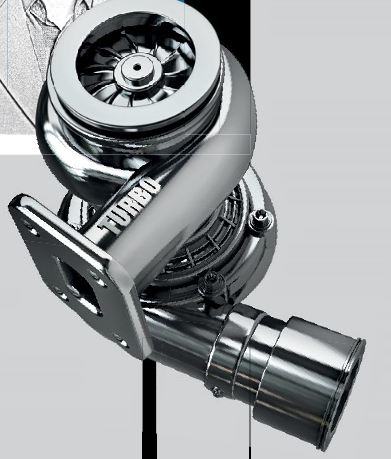Edric wonders why people cannot appreciate turbocharged sports cars.


Edric wonders why people cannot appreciate turbocharged sports cars.

JUST tried the newly turbocharged 911 Carrera S, and it’s searingly quick. That new 3-litre flat-6 in the rear punches out 414bhp and hurtles the car to 100km/h in 3.9 seconds.
But predictably, that hasn’t stopped people slating the 911’s force-fed powerplant, on the grounds that turbocharged engines dilute the “purity” of a sports car.
It’s lost its voice, they cry. And where’s all the throttle response gone? Give us back our naturally aspirated engines!
Rubbish. The 911’s engine sounds great. It still has that hollow, slightly rattly boxer throb at idle, still sings and zings through the mid-range and wails at the top. With the optional Sport exhaust, it crackles amusingly on the overrun when the engine is in Sport mode (although, curiously, not when it’s in Sport+ mode). Whoever says it doesn’t sound good must be deaf.
And the throttle response? Still there, absolutely. It’s clear that Porsche has taken pains to eliminate lag and ensure that power delivery is still linear, which it certainly is.
But those qualities have now been augmented by an ample wave of low- and mid-band torque that the naturally aspirated (NA) flat6 lacked. And that makes a huge difference when it comes to endowing the 911 with effortless urge, because you never need to stretch that engine to accelerate keenly, no matter what your revs.

If anything, throttle response at low revs, where the old engine would not yet have fully woken up, is far more urgent now.
And Porsche isn’t alone in making brilliant turbocharged performance engines. Audi, BMW, Mercedes and VW all do, too. As does Ferrari, of course, with the wonderful 3.9-litre V8 powering its 488 GTB.
So why has it seemingly become fashionable for enthusiasts and pundits to bemoan the ascendency of turbocharged engines at the expense of naturally aspirated ones? Prejudice and herd instinct, probably.
It’s true that older turbocharged performance cars did suffer from serious turbo lag issues. Mind you, that didn’t stop cars like the Porsche 930 Turbo and the Ferrari F40 from becoming supercar legends.
But modern turbos just aren’t like that anymore. Their energy delivery is now scalpel-sharp and as linear as any NA engine’s. And aurally the turbo'd engines can now be made to wail, throb, bellow or warble, whatever you want.
So they lose nothing whatsoever in sound or reponse. But for an equivalent output, the turbo engine is typically smaller, lighter and more efficient, which makes the sports car simultaneously more fun to drive and more environmentally friendly.
"Edric Has Concluded That Critics of Turbocharged Sports Cars Should Get Their Heads Out of the Sand."
























